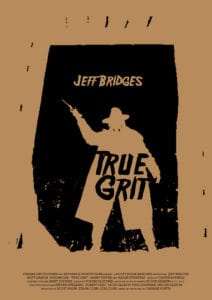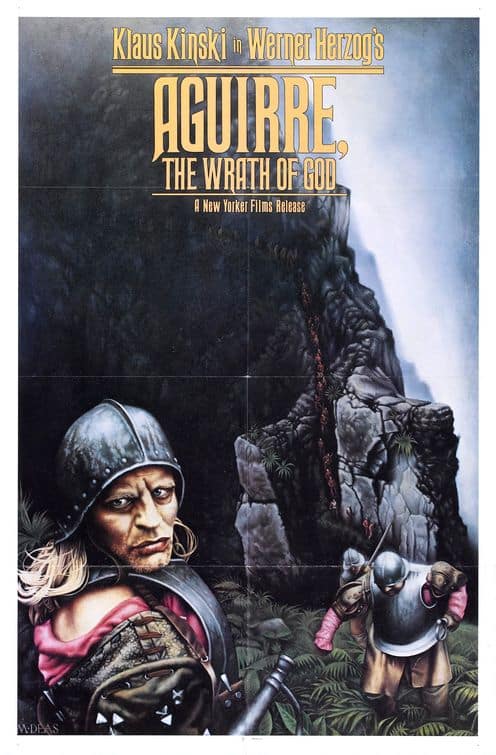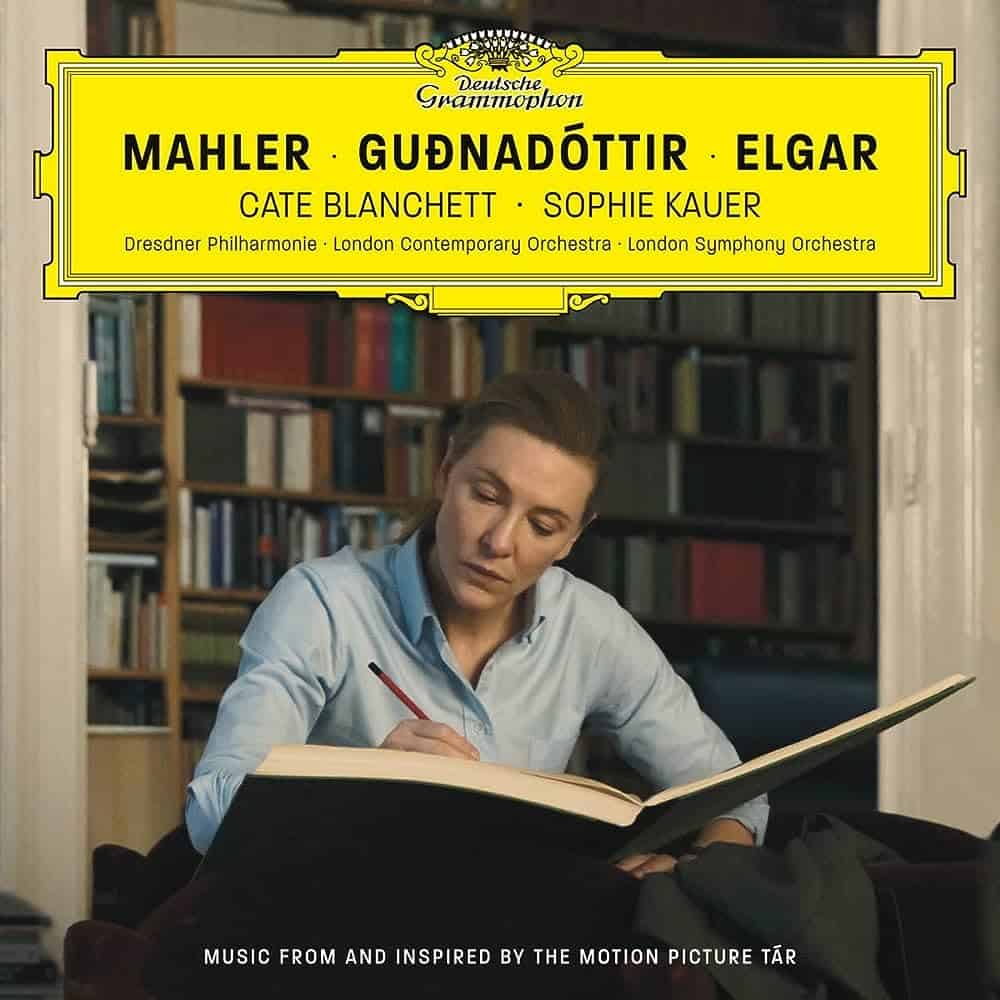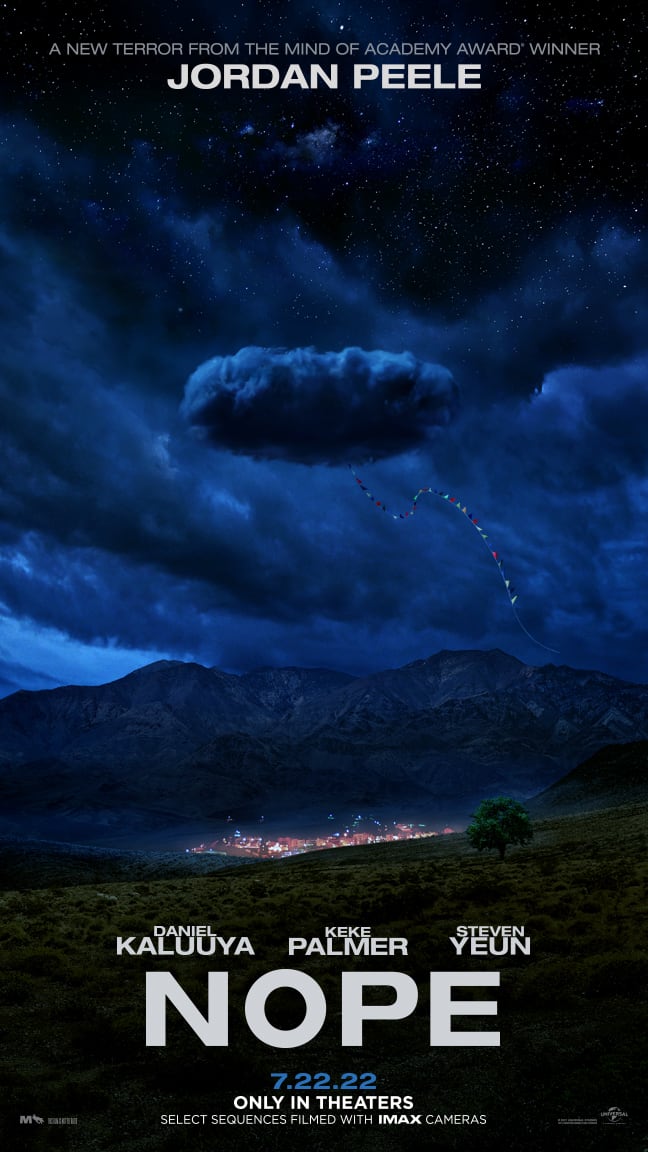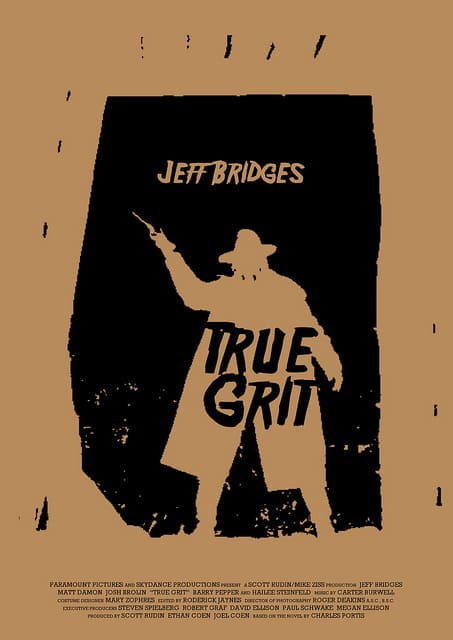
The partnership between the Coen brothers and Carter Burwell has had fantastic results over the last several decades, including Burwell’s underrated score for True Grit.
In True Grit, fourteen-year-old Mattie Ross hires drunken and trigger-happy U.S. Marshal Rooster Cogburn to avenge the murder of her father in nineteenth century Arkansas. A bleak landscape and long odds (Ross, Cogburn, and a Texas ranger named Laboeuf find themselves matched against the murderous Ned Pepper gang) is pitted against Ross’s stubborn optimism. Except in the direst moments she believes wholeheartedly in her success and righteousness, allowing the group to persevere. Burwell focuses heavily on manipulating this contrast.
The bulk of Burwell’s score comes in variants on a main theme, which he introduces in the film’s opening moments. It is gentle and deliberate, utilizing mostly piano and strings in a rather minimal instrumentation emblematic of the whole score. At times Burwell’s variations are quite surface level, such as the full-bodied sound used in the opening narration that fades into a slower, stripped-down version to match the news of Ross’s father’s death. But they begin to develop in complexity as the plot advances. Ross’s headstrong nature and unwavering determination are infectious, convincing the viewer of the certainty of her success despite the daunting, endless obstacles lying ahead.
Burwell, however, tries to temper audience expectations. Often the main theme sits in contrast to Ross’s disposition, delivering a more realistic survey of what lies ahead; where she may wholeheartedly believe that justice is certain, Burwell tempers expectations with slower, somber renditions. It is an interesting approach, as most themes attached to a character represent how the viewer sees them rather than standing in contrast to them.
Beyond this theme Burwell’s score is quite minimal, giving attention to the film’s beautiful cinematography and vibrant characters while maintaining a sense of bleakness common across westerns. The sparing use of music gives the thematic presence more impact and, on the album release, allows for a well-defined narrative as the theme evolves. In other contexts, such heavy reliance on a theme could sound repetitive, but Burwell’s varied and effective score avoids this monotony.
